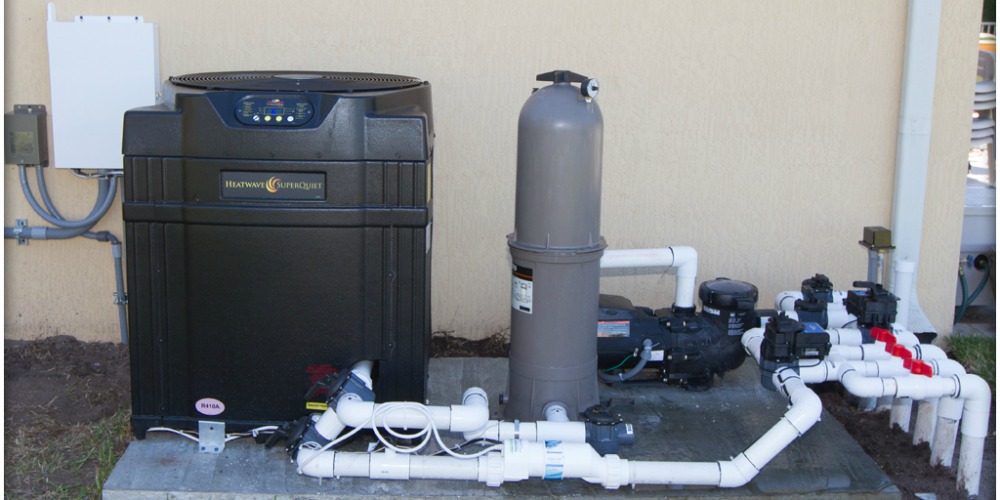
In Australia where the climate can drastically change from extreme summer to extreme winters, it is essential to have heating and cooling systems in one’s home. Properties and homes with pools usually invest in pool heaters. Doing so gives the family access to the use of the pool all year round, whatever the season may be. The most common types of heaters used for above-ground pool heaters include solar pool heaters, gas pool heaters and heat pumps.
Gas water heaters are the most preferred types of heaters for most Australian homes. They are cheaper compared to the other alternatives and easy to maintain. Gas water heaters are also very versatile and can work even when the electricity is down.
But how does a gas water heater work? This article gives you insights.
Gas-powered pool heaters use propane or natural gas to work. To be able to apply heat to the water, a pump, integrated into the gas heater should be able to circulate the water that is inside the pool. When they do, the water then passes through the gas heater filter, then to the heating mechanism of the gas heater.
The gas located in the heating area continuously burns the propane or natural gas to heat the water. The water then goes back to the pool, this time warmer that it originally was.
Gas pool heating is considered to be the most efficient type of heating mechanisms for pools. They can easily warm up a pool, regardless of its size in a short period of time. Maintaining the heat produced by gas pool heaters is quite easier compared to solar and heat pump heating systems. Regardless of weather and climate, you can easily heat up a pool with a gas-powered water heater.
How to Choose the Right Type of Gas Pool Heater for Your Homes
There are several factors to consider when purchasing a gas swimming pool heater for your homes. The size, efficiency and the costs should be carefully accounted for to be able to arrive at the most efficient gas water heating system for your swimming pools.
The size of your pool should be parallel with the size of your gas heating system. The bigger your pool is, the bigger your gas heating should be. Seek advice from a professional plumber to understand the size requirements when purchasing a gas heating system for your swimming pools.
The efficiency of your gas water heating system should be also considered when purchasing a gas heating system for your home. Aim for a higher efficiency to ensure that you are getting the most out of the amount you paid for.
As for costs, there are three considerations to keep in mind, the cost of the gas heater, cost of installation and the maintenance cost. The cost of the machine itself depends on the size and the brand of your water heater. For installation and gas pool heating cost, you can always seek help from professional gas fitters and plumbing companies located near your area.
The annual cost of using gas pool heaters for outdoor swimming pools can cost anywhere around $600 to $1,200 a year. Using a pool cover may cut off a few dollars in the annual cost, while not having one may double your annual maintenance cost for having pool water heating systems at home.
If you are thinking of investing in a gas heating system for your pool, take note of the size, cost and efficiency requirements that you require. As a homeowner, it is also important to understand how your gas heating system works to be able to provide useful information to your plumbing professional in the event of issues and repair requirements for your gas pool heaters.